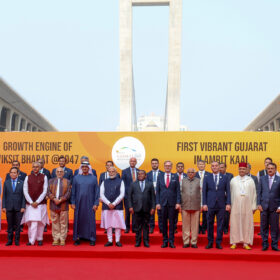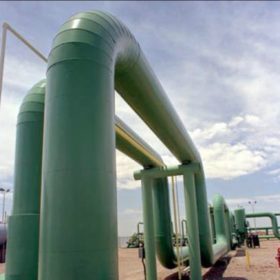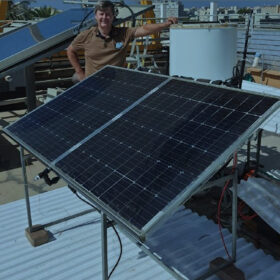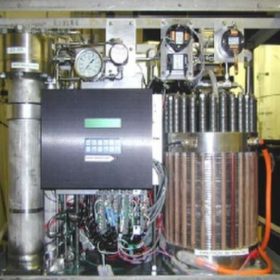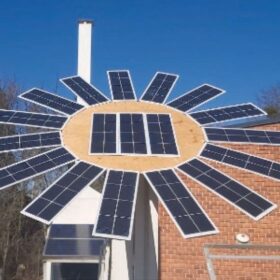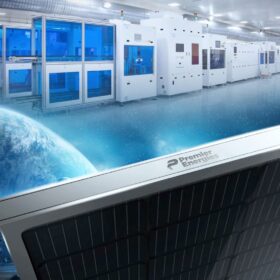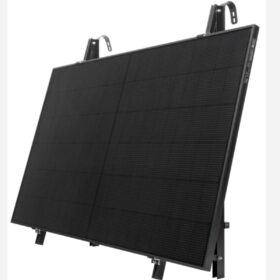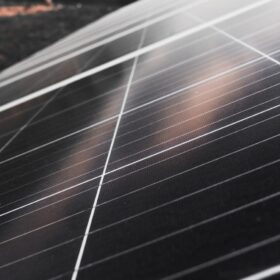Reliance’ green energy giga complex will be ready for commissioning this year, Adani announces further investment in Gujarat
Reliance Industries and Adani Group, which have made big investments in creating an integrated renewable energy ecosystem in Gujarat, announced their further plans for the state at the 10th Vibrant Gujarat Global Summit.
Tata to start construction of 20 GWh lithium battery plant in Gujarat
Tata Group is about to start the construction of a 20 GWh lithium-ion battery plant in the Sanad city of Gujarat.
The Hydrogen Stream: Hyundai, IIT Madras partner to set up Hydrogen Innovation Valley in the Indian State of Tamil Nadu
Indian Institute of Technology Madras (IIT Madras) announced it has received a grant of INR 100 crore (over $12 million) from Hyundai towards the establishment of a dedicated ‘Hydrogen Innovation Valley’ in the Indian state of Tamil Nadu.
Saatvik Solar appoints channel partner for Maharashtra and Goa region
Gurugram-based Saatvik Solar has appointed Celestial as an exclusive channel partner to market and sell its PV modules in Maharashtra and Goa.
Israeli startup launches 530 W bifacial PVT panel
P.G. Solar Greener says that its new panels have a thermal capacity of 1,280 Wh. They can reportedly achieve an overall dual electrical efficiency of 26%, due to an embedded cooling technique.
NTPC invites EoI to set up green hydrogen generation and storage product manufacturing facilities in Andhra Pradesh
NTPC Green Energy Ltd has invited an Expression of Interest from manufacturers of products used in generation and storage of green hydrogen or its derivatives, to set up manufacturing facilities in Andhra Pradesh. The facilities will come up within the green hydrogen hub being developed by NTPC in Pudimadaka, Achutapuram.
New solar tree design offers improved module cooling, lower shading losses
Researchers in Hungary have proposed to build photovoltaic trees with a significant distance between the solar panels. The proposed sunflower-shaped design reportedly reduces shading losses between the panels while improving cooling and heat dissipation.
Premier Energies secures 608 MW solar module supply contract with NTPC
Premier Energies has secured an INR 1,700-crore PV module supply contract with NTPC. It will supply 608 MW of bifacial PV modules built with made-in-India cells to NTPC’s Nokh Solar Project in Rajasthan.
Meyer Burger unveils black HJT solar panels for balcony applications
Switzerland-based manufacturer Meyer Burger has developed black heterojunction (HJT) solar modules for balconies, featuring 800 W microinverters, smart control units, and mounting systems.
Make PV modules as cheap as possible, but not cheaper
In a new monthly column for pv magazine, the International Solar Energy Society (ISES) explains how reducing glass thickness in PV modules may fracture the solar industry, impacting PV module and PV tracker suppliers, engineering, product and construction companies, and PV plant owners.
